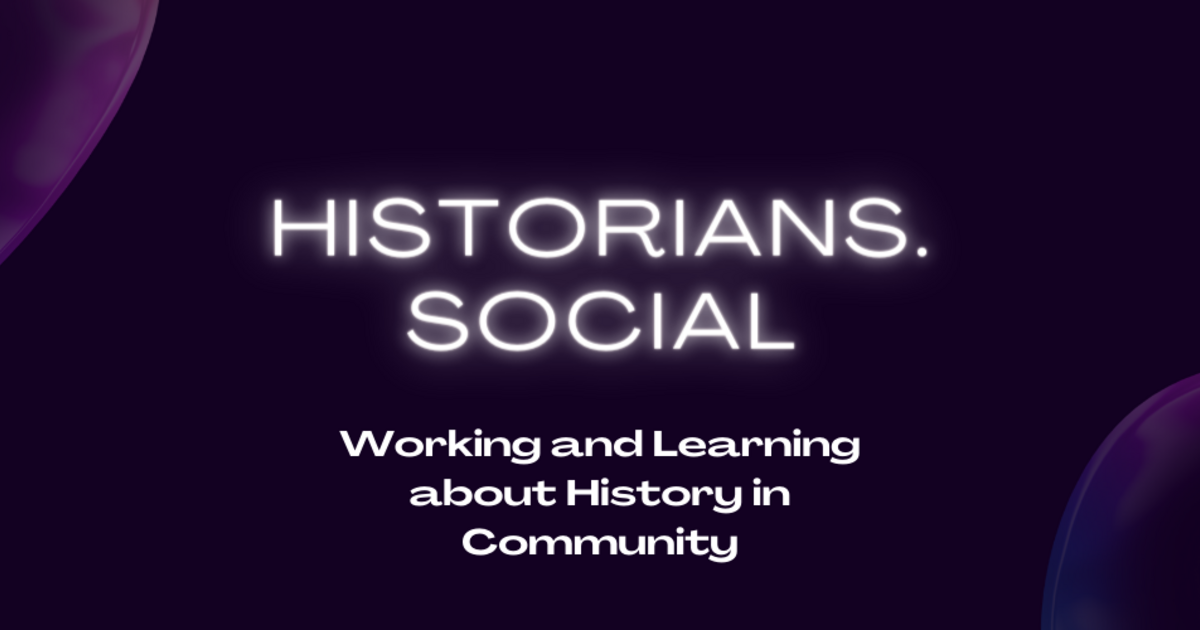Recent searches
Search options
Final/bonus point about students' cultural literacy. I did not expect them to know "Battleship Potemkin" and the like: it's my job to introduce them to it.
But I thought I'd try something more recent, if still before when they were born:
Mikhail Gorbachev, (a) a major historical figure (b) who died only last August (so that should in some sense mitigate the before-you-were-born factor)
https://www.nytimes.com/2022/08/30/world/europe/mikhail-gorbachev-dead.html
Nothing. A few had heard the name, none could attach anything specific to it
5/n
The New York TimesMikhail Gorbachev, Who Oversaw the End of the Soviet Union, Is Dead at 91

